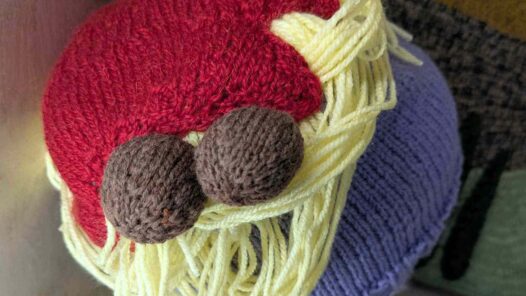Need a slang term that can replace just about any noun? Try chumpie. If you’re from Philadelphia, you may already know this handy placeholder word. And there’s Queens, Brooklyn, Staten Island, Manhattan, and … The Bronx — why do we add...
Diamond dust, tapioca snow, and sugar icebergs — a 1955 glossary of arctic and subarctic terms describes the environment in ways that sound poetic. And a mom says her son is dating someone who’s non-binary. She supports their relationship, but...
A librarian opens a book and finds a mysterious invitation scribbled on the back of a business card. Another discovers a child’s letter to the Tooth Fairy, tucked into a book decades ago. What stories are left untold by these forgotten...
Have you lived in your home so long that you don’t notice its flaws? In Sweden, they have a name for this condition: It’s hemmablind—literally, “home blind.” A popular Swedish TV program shows what you can do about it. Plus, unlocking the mysterious...
After hearing our conversation about how dictionaries decide on a preferred pronunciation, and specifically about how to pronounce aioli, Vern from San Diego, California, wrote to say that a friend once made fun of him for pronouncing grimace with a...
The word conclave comes from Latin con- meaning “together” and clavis meaning “key.” A gathering known as a conclave occurs in “a room that can be locked.” From the same root comes enclave, from the idea of “enclosing,” as well as clavier, a...







